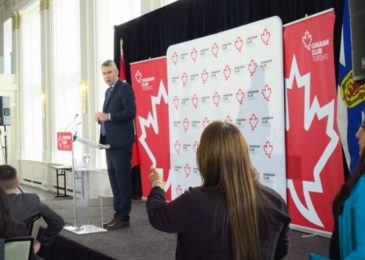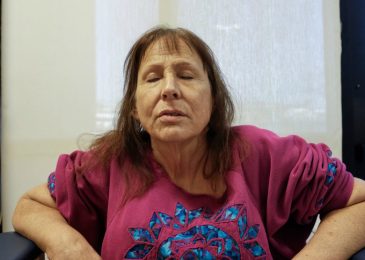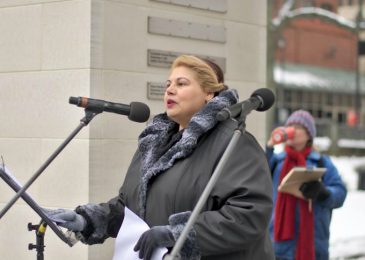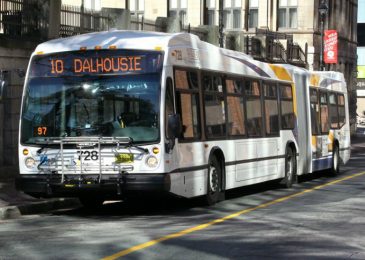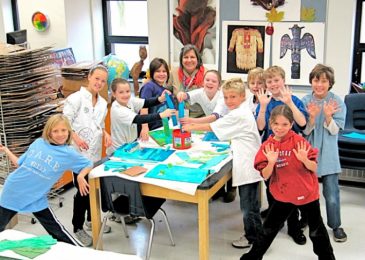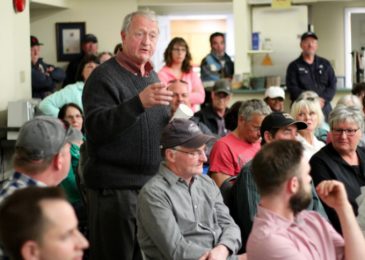Press release: Treaty rights holders slam Premier McNeil during NS ‘Open for Business’ talk in Toronto
News release: Water protector and Mi’kmaq Elder Dorene Bernard did not mince words during a speech by Premier McNeil this morning. The premier’s talk was entitled ‘Open for Business: Nova Scotia on the Move’, which Bernard says is a blatant glossing over of the Indigenous right to free, prior, and informed consent. “We’re only open for business if treaty rights holders give their free, prior, and informed consent,” says Bernard. “That consent doesn’t come from the KMK termination table, it comes from the people and the traditional governments.”

